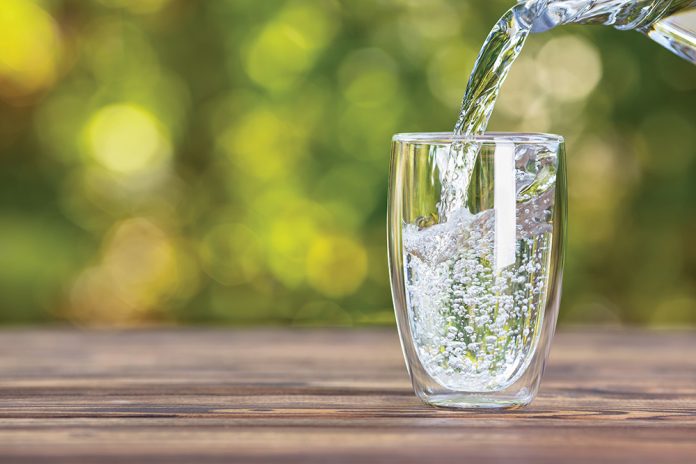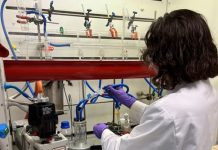SynHISel is a multi-university research programme which aims to reinvent chemical separation methods and significantly cut total global energy consumption.
Several UK universities are partnering in the £9 million project to develop new chemical processing technology that could save 100 million tonnes of carbon dioxide (CO2) emissions.
Using funding from the Engineering and Physical Sciences Research Council, and industrial and university partners, the project is the biggest of its kind to date.
It will investigate how to develop more efficient ways of separating chemicals – processes that underpin crucial parts of everyday life including clean water treatment, CO2 removal and food and pharmaceutical production.
It is estimated that these separations currently consume 10-15 percent of total energy usage, and that they could be made 10 times more efficient by creating new highly selective membranes. The team will focus on uncovering universal characteristics of membranes that can be applied to a range of uses, and curb the need to reinvent an entirely new process for each application.
The SynHiSel programme team comprises: Prof Davide Mattia and Prof John Chew, University of Bath; Dr Patricia Gorgojo and Prof Peter Budd, University of Manchester; Prof Ian Metcalfe and Dr Greg Mutch, Newcastle University; Prof Neil McKeown and Prof Maria-Chiara Ferrari, University of Edinburgh; Prof Andrew Livingston, Queen Mary University of London; Prof Kang Li and Dr Qilei Song, Imperial College London.
Principal investigator Professor Davide Mattia, of the University of Bath, said: “Some of the biggest challenges we face – how to develop drugs and vaccines, ensure food security and quality, and how to make sure the water we drink is clean – all require some form of chemical separation. We want to improve our understanding of highly selective membrane technology to create value in manufacturing and make processes more sustainable.”
The programme will bring together chemical and process engineers, chemists, materials scientists and experts in scaling-up of industrial manufacture. Prof Mattia says that this breadth of expertise will allow the team to be more inventive in its approach.
As well as new scientific innovation, the SynHiSel programme aims to develop a new generation of talent in the field, by acting as the virtual UK national membrane centre.
Industrial partners include Evonik Industries AG, Dupont Teijing Films (UK), Pall Europe, BP, ExxonMobil, and Cytiva Europe. UK-based SMEs including Exactmer, Nanotherics, RFC Power, Watercycle Technologies, Laser Micromachining and the University of Bath spinout Naturbeads will also collaborate with the team.










